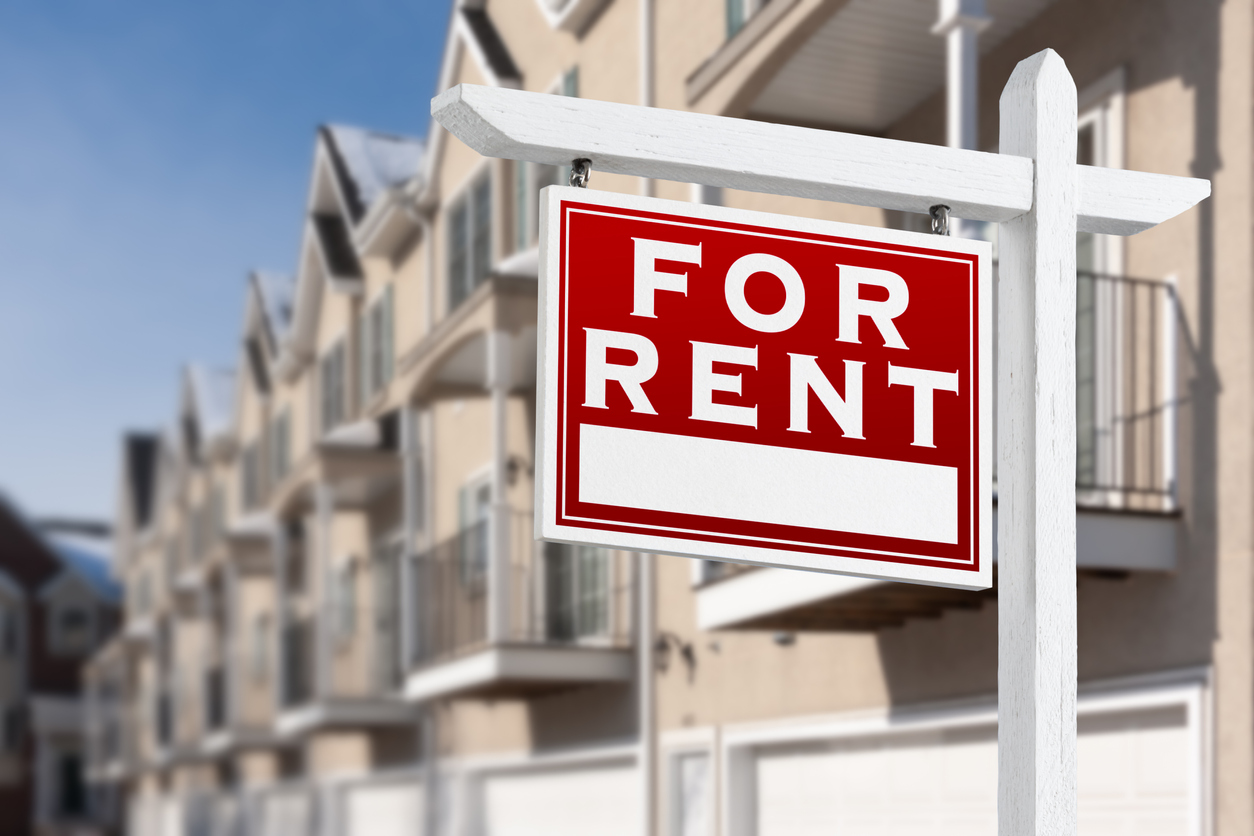Lawmakers may have the chance to vote yet again to put the state's manufacturers on the same tax footing as Boeing thanks to a new bipartisan bill introduced by Senators Baumgartner, Hobbs, Mullet, Fain, Short and Wilson. SB 6542 would lower the Business and Occupation (B&O) manufacturing tax rate to 0.2904 percent. If this feels like Déjà vu it's because the legislature already overwhelming approved this policy last year but it was vetoed by Governor Inslee. It is not clear why the legislature did not attempt to override that surprise veto with the tax cut passing 33-16 in the Senate and 83-10 in the House.
The Governor said in his veto of the manufacturing tax cut:
". . . these tax reductions should be considered in a thoughtful, transparent process that incorporates public input and business accountability."
It is worth noting the original SB 5977 was introduced as a "title only" bill. The final version of the B&O tax cut was included as part of the 2017-19 budget deal but the Governor said he wasn’t part of the final budget talks and thus wasn’t party to the deal reached.
Discussing why this B&O manufacturing tax cut is still necessary, sponsors said in a press release announcing SB 6542:
“'Small businesses are the backbone of our economy. We need to give David the same tax rate as Goliath,' said Baumgartner, R-Spokane.
The legislation phases in a reduction from a tax rate of 0.4840% down to 0.2904% by lowering it 10% annually over four years. That would bring all manufacturing businesses down to the same rate paid by Boeing and other aerospace businesses.
'Washington’s manufacturing sector has lost more than 50,000 jobs this century,' said Sen. John Braun, R-Centralia, who sponsored and negotiated the 2017-19 budget which originally included the change. 'Manufacturing jobs are critical to helping rural and suburban areas experience some of the same economic success urban communities have seen in recent years. We know we can afford this strategic investment since we paid for it in the current budget and now project to collect $1 billion more than we expected just seven months ago.'
Manufacturing employment is the only sector in Washington to see job losses in the 21st century. Of the jobs lost, 47,200 have been outside of the aerospace sector."
SB 6542 includes a tax preference performance statement saying (in-part):
"The legislature finds that manufacturing is a vital part of Washington's economy, providing family-wage jobs throughout the state, accompanied by a multiplier effect that often makes these employers hubs of their local communities. The legislature also finds that manufacturing jobs in Washington have been in decline, losing over fifty thousand jobs since the turn of the century. Over forty five thousand jobs of the net jobs lost have occurred in nonaerospace manufacturing, which is generally subject to a tax rate forty percent higher than the aerospace industry in Washington.
Therefore, it is the legislature's specific public policy to enhance taxpayer equity by lowering the business and occupation rate ceiling to 0.2904 for all manufacturers in the state in order to increase the sustainability of manufacturing in Washington as well as increase manufacturing's competitiveness around the world, thereby enabling manufacturing to continue to be a critical and hopefully growing source of family-wage jobs throughout the state."
Due to the phase-in, it is estimated the bill will have about a $75 million impact over the remainder of the current four year outlook. Annual manufacturer tax relief after that is estimated at about $80 million a year.
Many individuals contacted the Governor last year imploring him not to veto the proposed B&O manufacturing tax relief. A frequent point made can be found in the comments of Pierce County Executive Bruce Dammeier:
"This bill will help attract, grow, and retain high-wage manufacturing jobs in Washington State by lowering business & occupation tax rates for general manufacturers to match the existing rate for commercial aircraft manufacturers. In Pierce County, advanced manufacturing is critical to our economy and a key component of our local workforce development plan. Simply put, lower rates will help us remain competitive and ensure our talented workforce can find jobs locally."
We'll soon know if lawmakers still agree and will act again to put all manufacturers on the same competitive tax footing.




